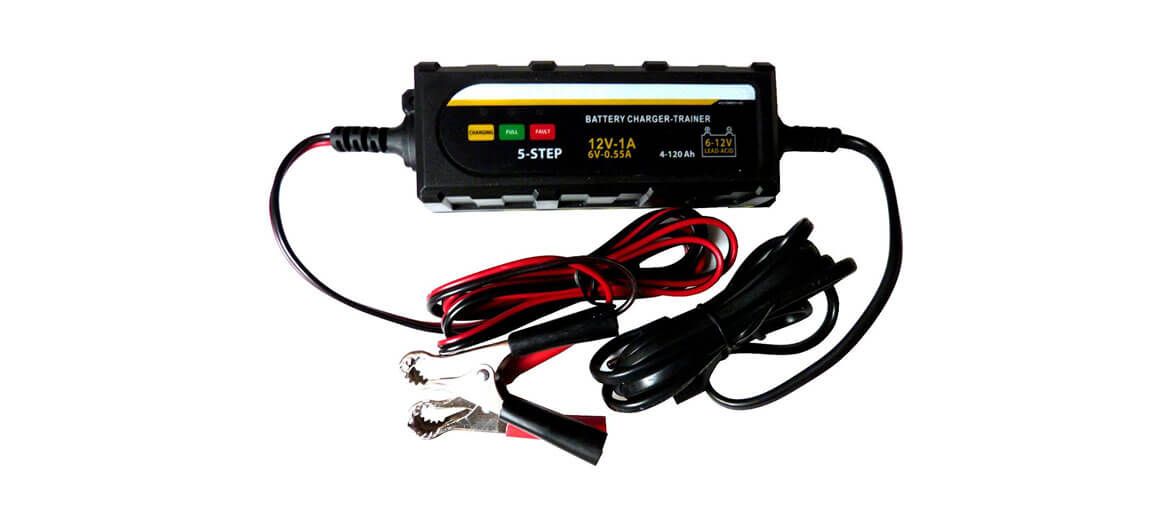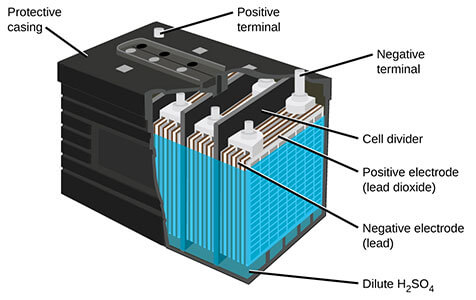
How Reduced Usage Causes Battery Failure
IT'S CRITICAL NOT TO OVERLOOK YOUR CAR BATTERY DURING THESE TRYING TIMES, OR YOU RISK LONG-TERM HARM.
Long periods of inactivity or only short, infrequent trips can cause a battery to lose charge and fail; this is especially true in the summer, when a car battery loses charge more quickly.
- Over time, all batteries naturally lose some of their charge.
- Warm weather accelerates the loss of charge, especially in the spring and summer.
- Alarms and electrical systems will drain your battery over time, even if your ignition is turned off.
- Short, infrequent trips will deplete the battery's charge faster than the alternator can replenish it.
- This can cause long-term internal harm to your battery if done over a lengthy period of time.
This type of failure is caused by a service issue rather than a defect in the product, hence it is not covered by the warranty.

SO, HERE'S SOME MORE INFORMATION AND POINTERS ON HOW TO AVOID AUTO BATTERY FAILURE DUE TO INACTIVITY.
- Because not using your vehicle or taking short, occasional travels causes battery damage, the best thing you can do is make sure that your vehicle is utilized on a regular basis for journeys of more than half an hour.
- Obviously, this will not always be possible, so consider using a battery charger to keep your battery charged.
- Examine your automotive batteries on a regular basis for unclean or corroded terminals, fluid leaks, bloated casing, and loose or ill-fitting wires.
- When the vehicle is not in use, make sure all electrical systems are turned off.
- If you are leaving your car somewhere for an extended amount of time while you are away, it is best to remove it from the vehicle and store it correctly.
If you are unsure of how to store your battery for extended times then please contact Batco staff who will be happy to assist with your questions.